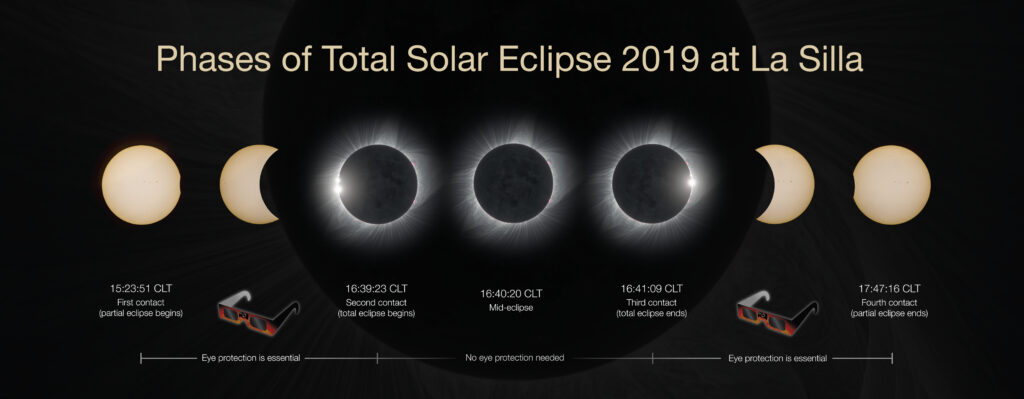
Introduction: The Marvel of Solar Eclipses
A solar eclipse is a breathtaking astronomical event that occurs when the Moon passes between the Earth and the Sun, obstructing the Sun’s light partially or entirely. This rare celestial wonder not only captivates stargazers and astronomers alike but also holds significant cultural and scientific importance. With the next total solar eclipse set for April 2024, interest in these phenomena has surged, prompting discussions about their impact on science, culture, and public gatherings.
What Causes a Solar Eclipse?
Solar eclipses occur in three main types: total, partial, and annular. A total solar eclipse happens when the Moon completely covers the Sun, creating a shadow on Earth that allows viewers in the path of totality to witness a dramatic darkening of the sky. Partial solar eclipses occur when only a part of the Sun is obscured by the Moon, and annular eclipses create a “ring of fire” effect, where the Moon’s apparent diameter is smaller than that of the Sun, leaving a bright ring visible.
Upcoming Solar Eclipse: April 2024
The next significant solar eclipse is scheduled for April 8, 2024. Its path of totality will traverse parts of Mexico, the United States, and Canada, providing an excellent opportunity for millions to observe this event. Cities like Dallas, Indianapolis, and Montreal will experience totality, making them prime locations for viewers. Preparation is underway, with educational outreach and safety campaigns promoting how to watch the eclipse safely using specially designed solar glasses to prevent eye damage.
Significance Beyond Astronomy
Solar eclipses have inspired awe and reverence throughout history, influencing mythology and cultural practices across various societies. They have been interpreted as omens or signs from the gods, while modern science recognizes them as perfect opportunities for research on solar corona and other stellar phenomena. Astronomy enthusiasts often organize viewing parties, educational events, and community gatherings, which strengthen social bonds and foster a shared appreciation for science and nature.
Conclusion: The Enduring Fascination with Solar Eclipses
The solar eclipse remains one of nature’s most awe-inspiring displays, serving as both a spectacle and a reminder of our place in the cosmos. As scientists continue to explore and unravel the mysteries of such events, they also provide a rare opportunity for the public to engage with astronomy. The upcoming solar eclipse in April 2024 promises to be a highlight for many, encouraging people of all ages to step outside, observe the skies, and experience the majesty of our universe firsthand.



